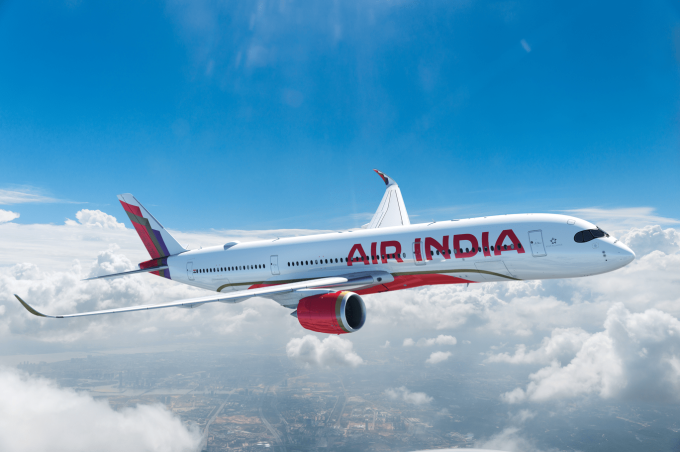PSA completes early exit from box terminal concession at India's VOC
Singapore-based PSA International wound up its container terminal operations at India’s Tuticorin Port at the ...

Tata Group-owned Air India is looking to grab a larger slice of the country’s rapidly expanding aviation market.
Tata yesterday inked a deal with Airbus to acquire another 100 aircraft – in addition to an existing order for 250 with the European manufacturer and the 220 it agreed to buy from Boeing early last year, deals together worth some $80bn.
“With India’s passenger growth outpacing the rest of the world, its significantly improving infrastructure and an aspirational young population increasingly going global, ...
Transpacific sees first major MSC blanks as rates fall and volumes falter
'It’s healthy competition' Maersk tells forwarders bidding for same business
Opposition builds for final hearing on US plan to tax Chinese box ship calls
White House confirms automotive tariffs – 'a disaster for the industry'
New price hikes may slow ocean spot rate slide – but for how long?
Supply chain delays expected after earthquake hits Myanmar
Shippers snap up airfreight capacity to US ahead of tariff deadline
Good start for Gemini, liner schedule reliability data reveals

Comment on this article